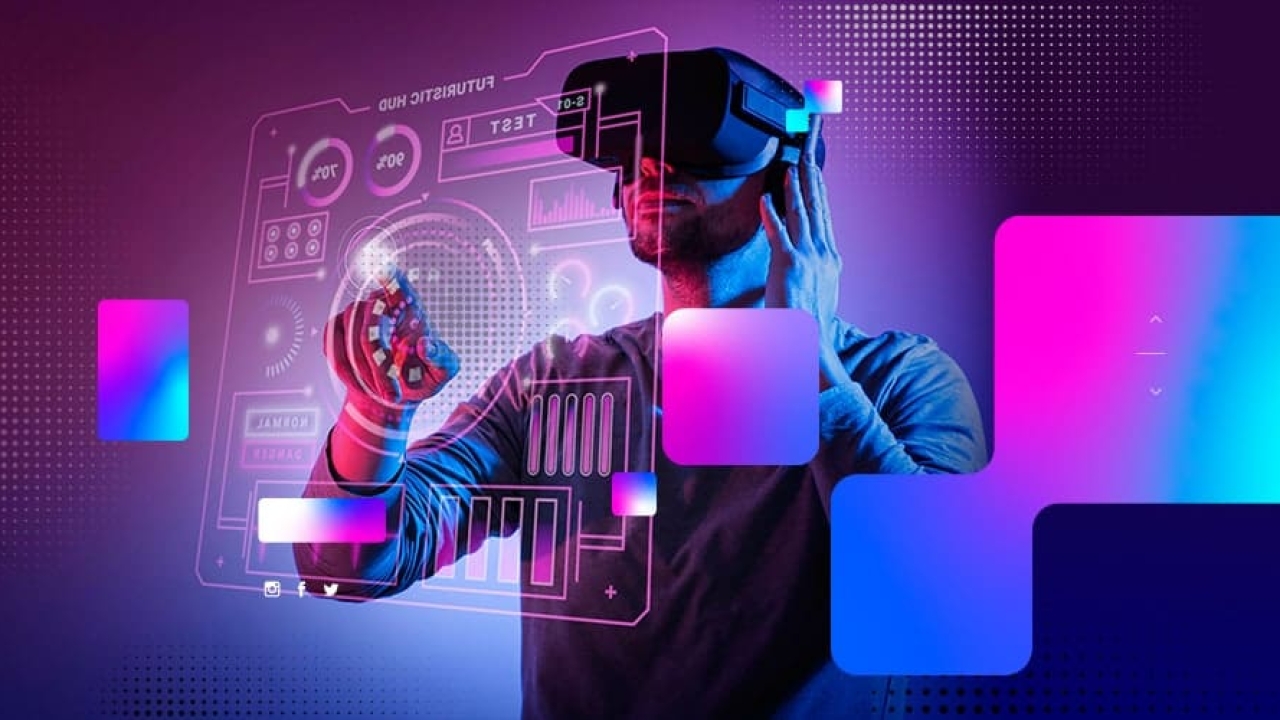How Generative AI is Transforming Product Development
Posted on 1 July, 2024 by William miller

Artificial intelligence (AI) has been a game-changer in various industries, and product development is no exception. AI-powered generative design has revolutionized the way we approach product design, development, and innovation. In this blog post, we will explore how generative AI design is transforming the field of product development and the benefits it offers.
Generative Design: AI-Driven Innovation
Generative design software assesses and optimizes product designs, reducing the risk of investing in impractical ideas. The inclusion of generative AI design technology promises companies accelerated product development and a faster time to market. Rapid exploration of designs and quickly evolving product iterations are possible through generative design artificial intelligence, making traditional design methods obsolete.
AI's Role in Product Design
AI's role in product design extends beyond revolutionizing the design process; it encompasses various aspects of product development, from ideation to market optimization. Here are additional insights into the role of AI in product design:
-
Automating Design Processes: AI can be utilized to automate the design process, freeing up designers to focus solely on the aesthetics of a product without worrying about technical limitations that are already accounted for by the model performing the design task. Certain AI tools are designed to train models to learn a set of design rules based on curated datasets, which can then be applied to new, unseen datasets, resulting in more efficient and innovative designs.
-
Enhancing Precision and Efficiency: AI can aid in reducing errors and enhancing the precision of the design process, resulting in improved user experiences. Through the use of AI to streamline the design process, companies can realize substantial savings in labor costs and reduce the time-to-market for their products, providing them with a competitive edge in the market.
-
Collaboration and Accelerated Ideation: AI in product development can work in collaboration with designers, combining AI-based product design, analysis, and optimization with human creativity. This collaboration helps designers think beyond the boundaries of their own imagination and dramatically accelerate their ideation process.
Applications of Generative AI in Product Development
Generative AI is being utilized in various industries, including aerospace, energy production, fashion, design, and advertising, to unleash unprecedented levels of creativity and support data-driven decision-making. The applications of generative AI in product development are diverse and impactful. Here are some additional insights into the applications of generative AI in product development:
-
Enhancing Creativity and Innovation: Generative AI enables product designers and developers to unlock unprecedented levels of creativity and innovation by leveraging massive datasets to identify patterns, generate design variations, and propose novel solutions that human designers may not have considered. This iterative and data-driven approach fosters new perspectives and encourages the exploration of unconventional design options, leading to breakthroughs in product development.
-
Accelerating Idea Generation: Generative AI plays a crucial role in enhancing ideation, optimizing design iterations, and enabling real-time feedback, ultimately leading to faster and more efficient prototype development. By accelerating the design process, businesses can achieve rapid prototype development with unparalleled efficiency, gaining up-to-speed market insights and strategic product feedback.
-
Sustainability and Resource Optimization: Generative AI can contribute to more sustainable product design and development practices by optimizing resource usage and minimizing waste. By generating design solutions that maximize material efficiency and reduce the environmental impact of manufacturing processes, generative AI can help organizations meet their sustainability objectives and comply with increasingly stringent regulatory requirements.
-
Customizable Product Design: Generative AI facilitates the design of customizable products, empowering customers to participate in the creation process and fostering a sense of ownership. This capability allows businesses to deliver products that cater to the individual tastes and needs of consumers, helping them curate and design products within their unique parameters.
Challenges and Opportunities of Generative Design
Generative design and AI in the design process present both challenges and opportunities. The integration of Generative AI empowers workforces to become co-pilots of AI technologies, offering the potential to optimize and analyze processes.
However, there are several challenges that businesses should consider when implementing generative AI, such as handling technical complexity, tackling legacy systems, and reshaping the workforce.
Generative design algorithms have already demonstrated the ability to outperform human engineering teams in certain engineering problems, producing non-intuitive solutions and expanding the range of parts that can be targeted.
Future of Generative AI in Product Development
The future potential of generative